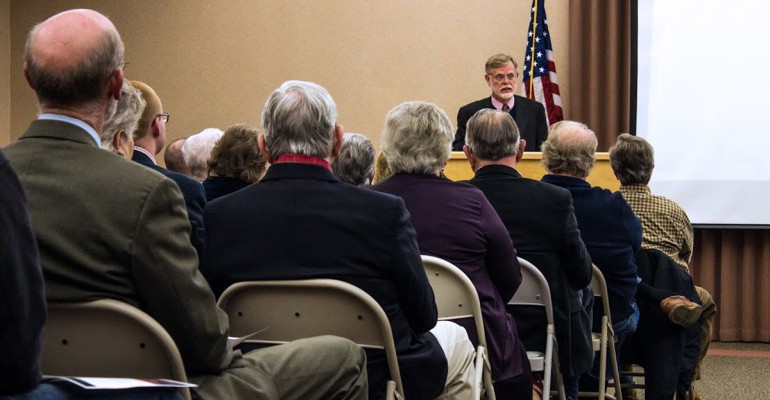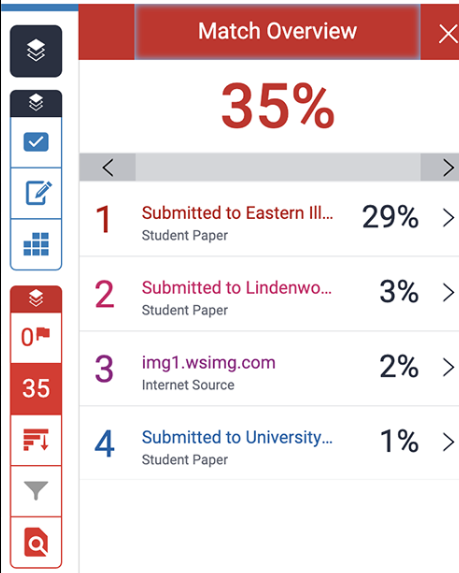Henry Nau visits the Osher Lifelong Learning Institute to lecture on foreign policy traditions and current global affairs. The lecture, entitled “Conservative Internationalism: A Neglected Foreign Policy Tradition,” was well attended and enjoyed by USM students. -Noe Cugny
Henry Nau, a professor of political science at The George Washington University, presented his lecture “Conservative Internationalism” at the Osher Lifelong Learning Institute Monday.
Henry Nau, a Hattiesburg native and the author of several books on foreign policy and America’s role in the world, devoted his lecture to the discussion of foreign policy traditions and current global affairs.
Nau previously served as a senior staff member on President Ronald Reagan’s National Security Council and has an extensive background in foreign policy.
The title of Nau’s lecture was “Conservative Internationalism: A Neglected Foreign Policy Tradition,” a topic on which he has also released a book. T
hroughout both the book and the lecture, Nau argued that American foreign policy generally follows one of three paths — nationalism, realism or liberal internationalism, though American history is a cycle between nationalism/realism and internationalism.
Nationalism, associated with the concept of isolationism, is the idea that America needs to worry about itself first and only deal with others if they present a direct threat to American security.
Liberal internationalism, meanwhile, is more concerned with being out in the world, acting to spread freedom and democracy, primarily through being involved in international institutions such as the U.N., without having to resort to force.
This approach tends to be much more idealistic and trusting of human nature. An example of a leader who was a liberal internationalist would be Woodrow Wilson.
Nau suggested that these two approaches cycle in America: we are out and involved in the world, employing liberal internationalist policy for a while, but once something bad happens — such as Vietnam — we withdraw from the world and follow a more nationalist approach.
In contrast, Nau argued for an approach he calls conservative internationalism. This approach is more involved in the world than nationalism, but also more willing to resort to force and operate without the full backing of international institutions and taking a more realistic view of human nature than is seen in liberal internationalism.
Nau elaborated on his conservative internationalist approach, and then took several questions from the audience before wrapping up.
Dozens of people were in attendance, among whom were a number of undergraduates who seemed to enjoy it.
Celsey Shaddox, a senior economics and French double major, said she found it “quite unique and interesting to hear from someone who has such rare, personal experience with foreign policy.”
Jeffrey George, a junior political science major and current SGA president, concurred.
“It was an honor to have Dr. Nau speak on campus,” George said. “He provided great insight into U.S. foreign policy. It was great to hear someone who has so much experience in a field that is affecting each one of us every single day.”
Nau gave his lecture to OLLI in memory of his father, John Nau. He was the first chaplain at The University of Southern Mississippi, as well as the first chair of the Department of Philosophy and Religion, and he was instrumental in the fundraising campaign that led to the construction of the Danforth Chapel.
In honor of their father’s legacy at USM, the children of John Nau will donate to the John F. Nau Endowment in Philosophy and Religion.































